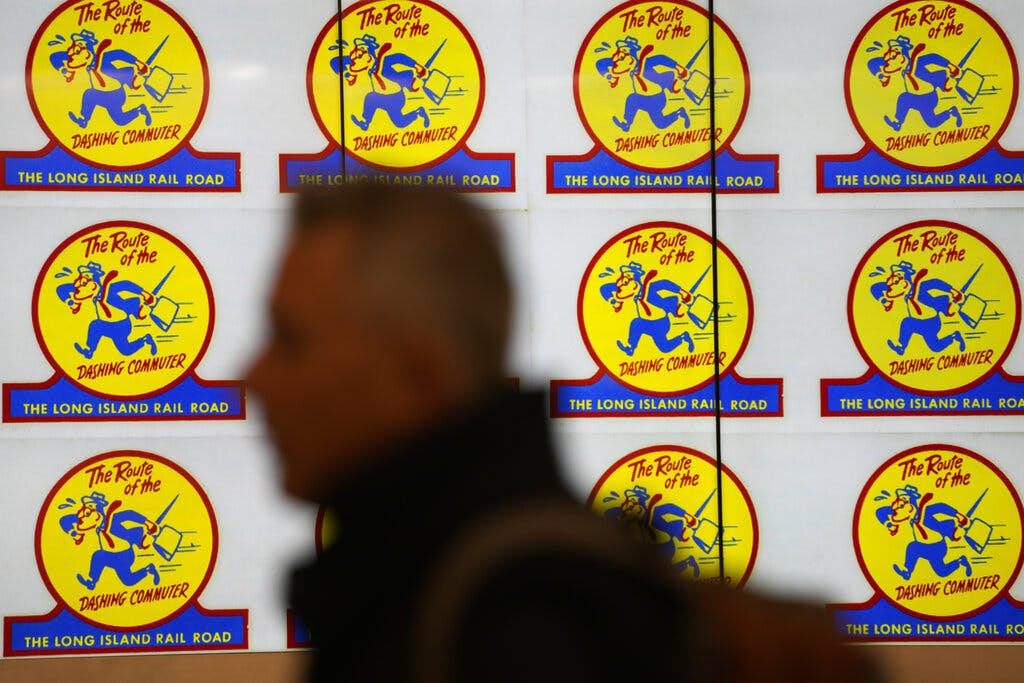New York Could Soon Have Highest Minimum Wage in America
Advocates are confident that a proposal to raise the state’s minimum wage to $20 an hour, the highest in America, has the support to pass this year.

Labor unions and progressive politicians are organizing a major push to make New York’s minimum wage the highest in the country, and it looks like their efforts are going to be successful.
Activists and labor advocates gathered at Albany Wednesday morning to show support for a bill that has become known as “Raise Up NY,” which would tie the minimum wage in the Empire State to the rate of inflation.
In absolute terms, the proposal would raise the minimum wage to $21.25 an hour by 2026 in New York City, as well as Nassau, Suffolk, and Westchester counties. In the rest of the state, the minimum wage would increase to $20 an hour by 2026.
The bill’s state senate sponsor, Jessica Ramos, says that New York’s minimum wage of $15 per hour — implemented four years ago — is now outdated and that she expects movement on her proposal.
“We expect the bill to pass,” Ms. Ramos told the Sun. “I expect to fight very hard alongside my colleagues and hundreds and thousands and millions of workers who are desperate to live here.”
Buoying the bill is broad support from both the typical advocates for a higher wage, such as labor unions and pro-labor politicians, and also much of New York’s business community.
“Living in New York has never been so expensive,” Ms. Ramos said. “It’s called the minimum wage because it’s supposed to cover the bare minimum.”
The bill reads that the “minimum wage needs to be restored by ‘catching it up’ to where it would have been if it had been adjusted steadily each year since 2019 to keep pace with rising prices and workforce productivity.”
Although past attempts to tie the minimum wage to inflation have failed, Ms. Ramos and other advocates for an inflation-adjusted wage appear to have a powerful ally at Albany this time around — Governor Hochul.
According to Ms. Hochul, tying the minimum wage to the rate of inflation is a key part of tackling the affordability crisis in the state. However, she has not committed to first “catching it up” — raising the wage to $21.25 before tying future increases to the rate of inflation.
Opponents of the wage increase have argued that the policy would result in the loss of jobs or the loss of income due to employers cutting employees’ hours. One study from the National Bureau of Economic Research suggests that a higher minimum wage could result in employers choosing to automate some jobs.
A fellow at the Empire Center for Public Policy, Ken Giradin, argues that raising the minimum wage would lead to a slower pace of job creation in the state and possibly a reduction in entry-level opportunities.
“The concern that we’ve been sharing for almost a decade now is that you are definitely going to hinder job creation when you increase the minimum wage,” Mr. Giradin told the Sun. “We can quibble about how much but there’s an undeniable effect on employment opportunities.”
According to Mr. Giradin, New York is already home to fewer jobs than it was in February 2020, and raising the minimum wage would further slow the recovery from Covid.
“I would say that this — without a doubt — discourages people from hiring, and it would encourage people to find a substitute for an employee,” Mr. Giradin said. “You’re going to criminalize paying high schoolers $16 an hour to bag groceries.”
According to a report from the Economic Policy Institute, the proposed changes would affect 32.4 percent of New York state’s workforce, with nearly half of wage increases going to employees at New York City. The report also found that 71 percent of those affected would be employees 25 years old or older, and 27.9 percent of them would be parents — nearly half of whom are single parents.
According to the president and CEO of the Greater New York Chamber of Commerce, Mark Jaffe, the city’s business community is generally in support of the bill. “Inflation is out of the control of the working person,” he told the Sun. “It’s not too exorbitant, it’s fair, and it will keep our workers ready and able to work.”
He said that the proposed changes are “not a drastic increase” and keep with the spirit and intention of the original increases enacted in 2016.
“We’ve proven that people who hire higher-paid workers get more productivity,” Mr. Jaffe said. “We need to get more people good paying jobs and get people in affordable housing and off the streets.”
The New York Business Council has also expressed support for the bill, though it has reservations about an immediate increase in the wage as many businesses continue to recover from the pandemic.
In terms of public support, polling from a left-leaning pollster, Data for Progress, suggests that the proposal is overwhelmingly popular with voters of all party affiliations and across all of New York’s regions.
According to a January survey, 80 percent of all voters — including 89 percent of Democrats, 82 percent of independents, and 63 percent of Republicans — support raising the wage to the proposed levels.

